10 February, 2026
Flying Tigers will premiere at Berlinale - Berlin International Film Festival on 16 February 2026.
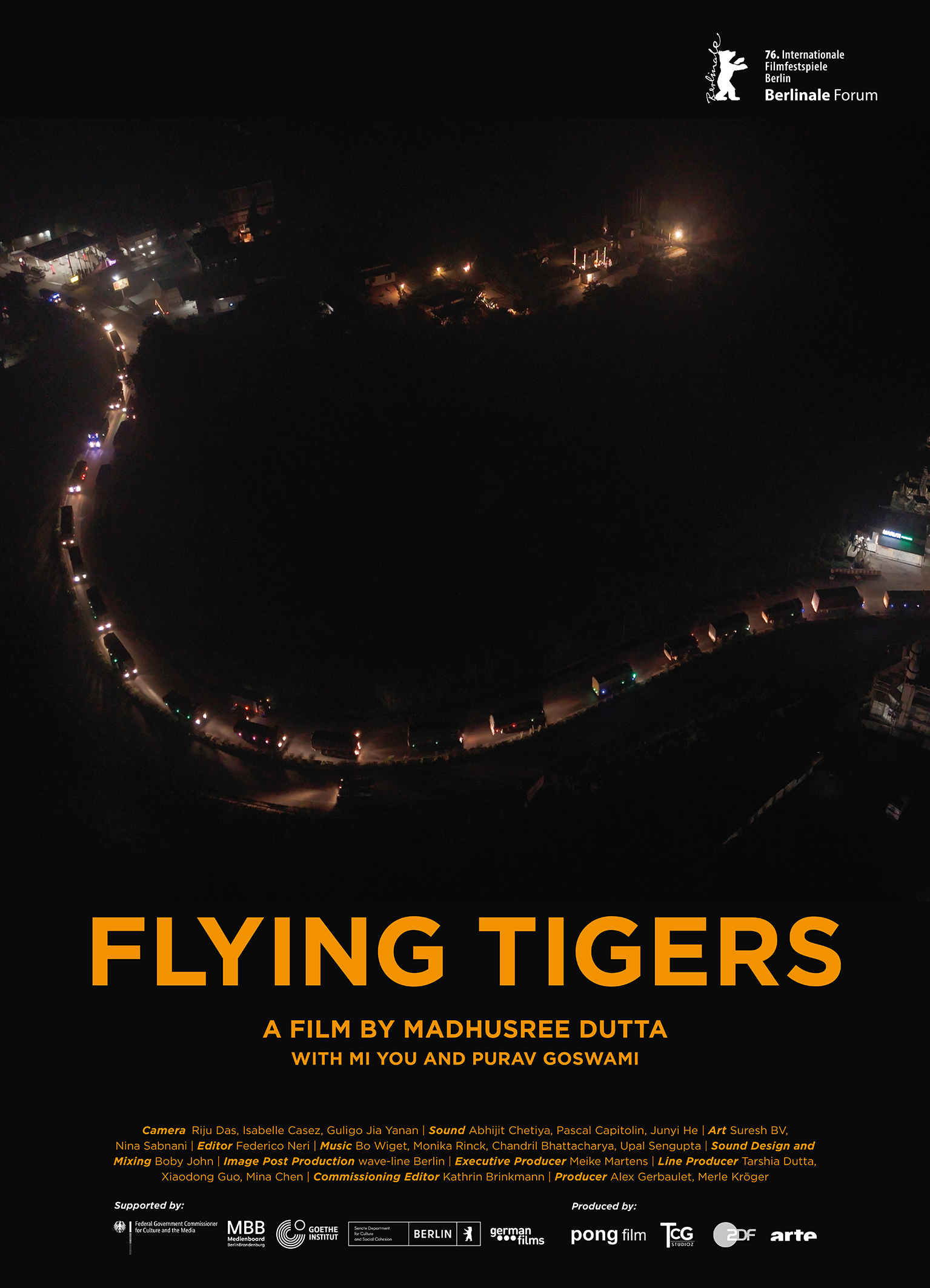
More details on the Berlinale website
15 December, 2023
Do we (my generation of people in India) remember the name Yugoslavia? Yes, more than vividly. A large and influential country in the socialist block. A major player in the non-alignment movement. There were so many posters of Tito-Naser-Nehru. Then in the ‘90s the romance of Yugoslavia collapsed. Came in the term Balkanisation. In smart conversation in the safe spaces, we may have often said – India should be Balkanised. I have definitely said it, multiple times. It was the sheer frustration against the cow belt hegemony. In the non-safe place outside we were nick named as the tukde tukde gang. In the last two decades as the propagandists of Akhand Bharat (Undivided India) consolidated themselves into violent majoritarian some of us got more convinced that a single nationalism for a land and people of this size and variety is not only ridiculous also somewhat vulgar. Hence when a chance came to visit Bosnia and Harzegovina I jumped into it with lot of enthusiasm.
City of Sarjevo, capital of Bosnia and Harzegovina - a thirty years old country of three million people. The modest size capital city holds layers of architecture from Ottoman urban design, Astro-Hungarian monuments, Yugoslavian social housings and the post-independence investments. Currently one of the tallest buildings at the city centre belongs to German Sperkasse bank. And any online research for tourist attraction results in a series of war museum.
The terminology used by the people of Sarajevo are distinct.
Top Angle Shot – the Serbian army stationed themselves on the mountains that surround the city and shot into the valley, 1992-1996. The longest military siege of a city in history.
Sniper Alley – the artery roads and the boulevards. During the siege the Serbian army posted plain dressed shooters on apartment buildings that lined those roads. People traversing across the city from residential old city to the industrial part were targeted.
Bullet crafts – the streets are dotted with war memorabilia – most affordable of them are objects made of used bullet cases. Memories of the war with Serbia / Yugoslavia do brisk business with the foreign tourists who are more than curious about the fall of Yugoslavia.
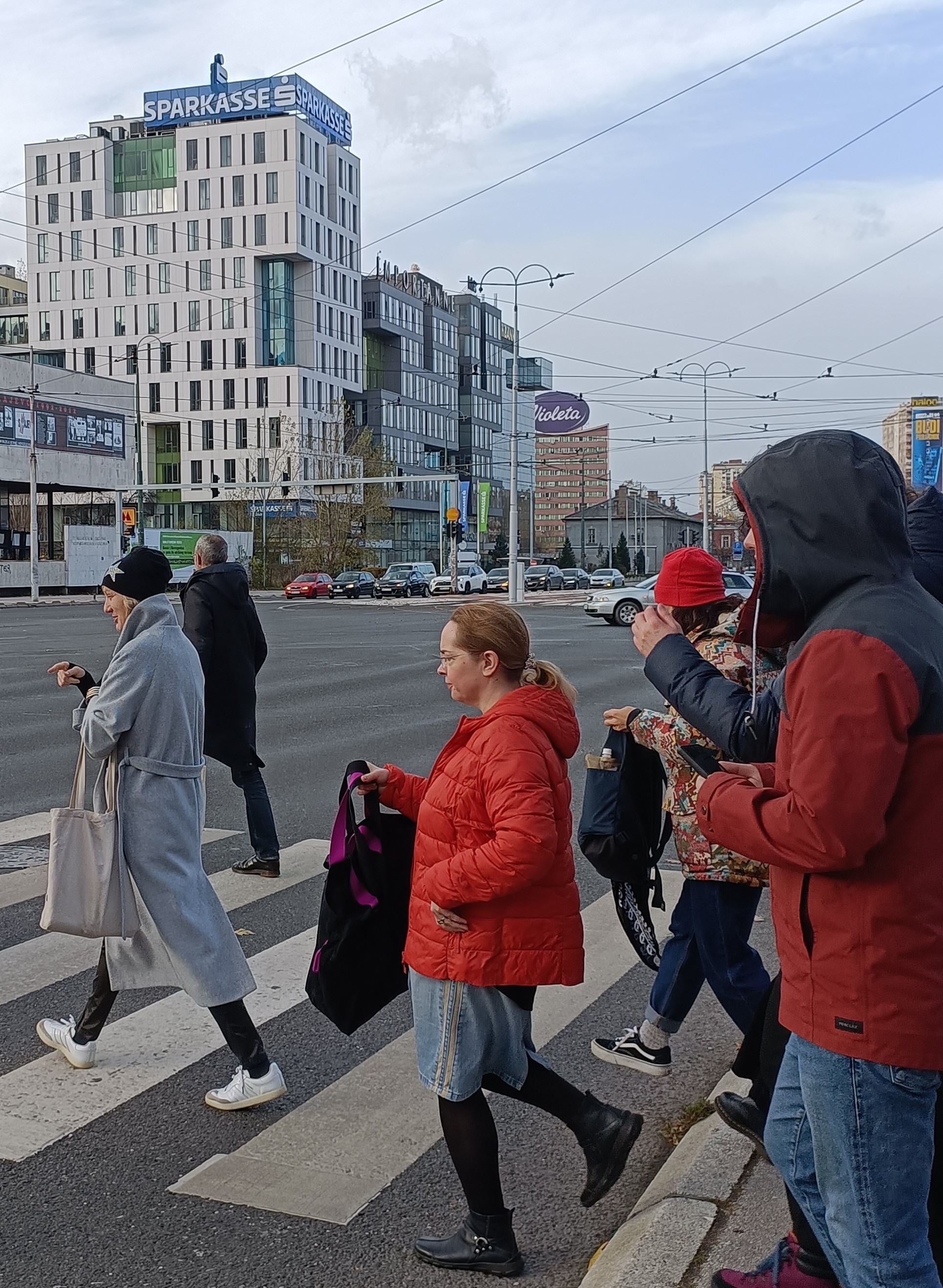
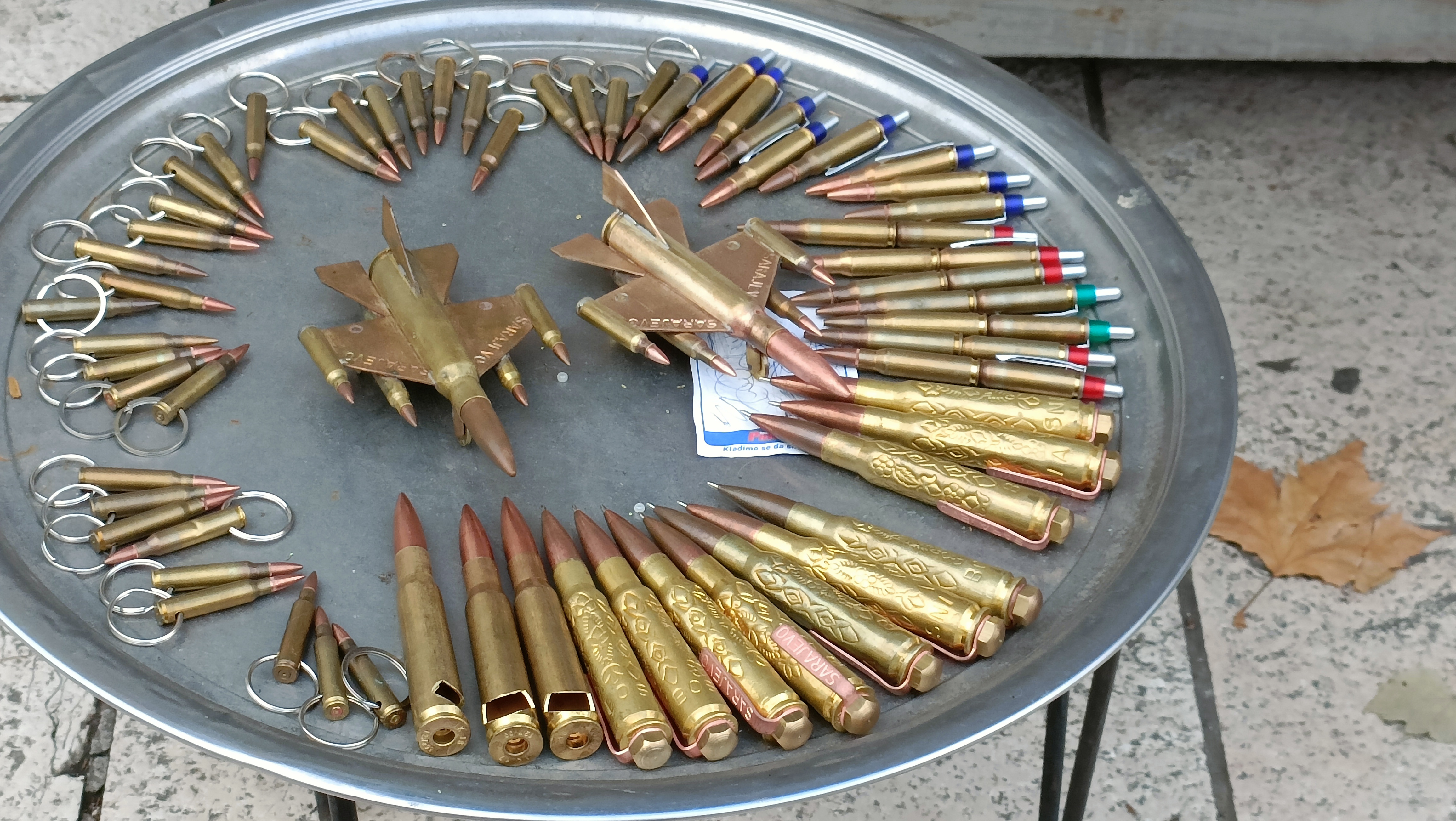
30 June 2023
A land of Reloading – a crisp description of the twin town, Terespol and Malaszewicze in Poland, by my maverick cab driver.
The petit woman drove a large SUV taxi through the sleepy towns of five churches, one school, 10000 people and some 20 loading stations with thousands of cargo wagons in each. It was not eerie. Just too fantastical. The roads are impeccable, the railway lines are many and of different gauges – European 1435mm, Russian 1524mm, Narrow 1067mm for internal transfer and so on. This is the border of Poland and Belarus (formerly Russia); and also the coveted junction of the land transport between Asia and Europe. A facility that ran uninterrupted through world wars, cold war, war of globalisation and even the current war on Ukraine. Afterall the Capital moves along this line. War is too minor to disrupt that movement.
There was a 7km long queue of private cars – with electronic gadgets and nylon carry bags on the roof – patiently waiting at the custom gate to enter Asia. There were wagon trains of the size of 8 football fields lying idle at the station carshed. An important site is called MRI centre – a tunnel where the entire passing train is scanned. Neck of the cranes, that move metal containers from the incoming wagon trains in Russian gauge track to the outgoing European gauge track, crisscross the skyline. Their average size is 130 meter long and 70 meter tall.
Metal, metal and more metal – to contain, protect and transport consumers goods between continents. Human bodies are to be sighted around the churches and the rickety market hall.
There are a couple of modest motels. We chose the one that overlooks the newest reloading station (owned by the Chinese corporations) – Europort. But behind that window to the global network lied yet another surprise. The rooms were ornated and glaring – grotesque roses on the wall, velvet bedspreads and transparent lacy curtains – too human, too carnal, to incongruous to the feel of the wagon land. Phew!
We should have known that such a gargantuan system is likely to be controlled by something satellite. Lack of people is not indicative of access. In fact it is likely to be other way around. The towns are strewn with hidden cameras. After a few hours of roaming around and taking pictures the uniformed guys arrived, almost from nowhere. My colleague, a young German girl, lost her nerve and chewed on the memory card to destroy evidence. For me, being an Indian and working in the field of documentary filmmaking, brush with inflated egos of uniformed guys is sort of routine. I instinctively know when to be assertive, when to plead innocence and even when to play the gender card. But my white German companion, grown up in the safety of mainstream privileges, found it extremely scary. Next she left the job – stating that she felt unsafe. Is the idea of safety relational? Or notional?
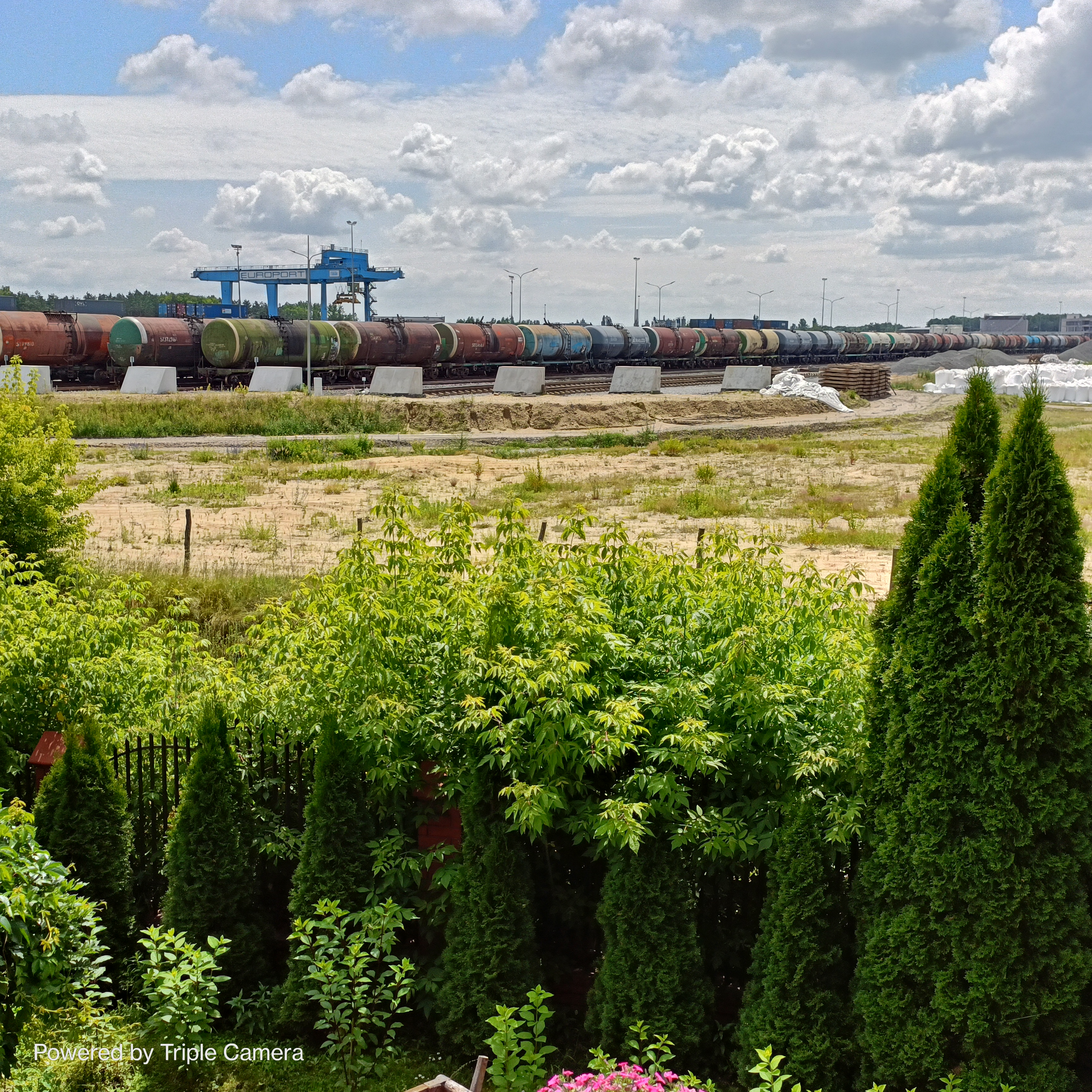
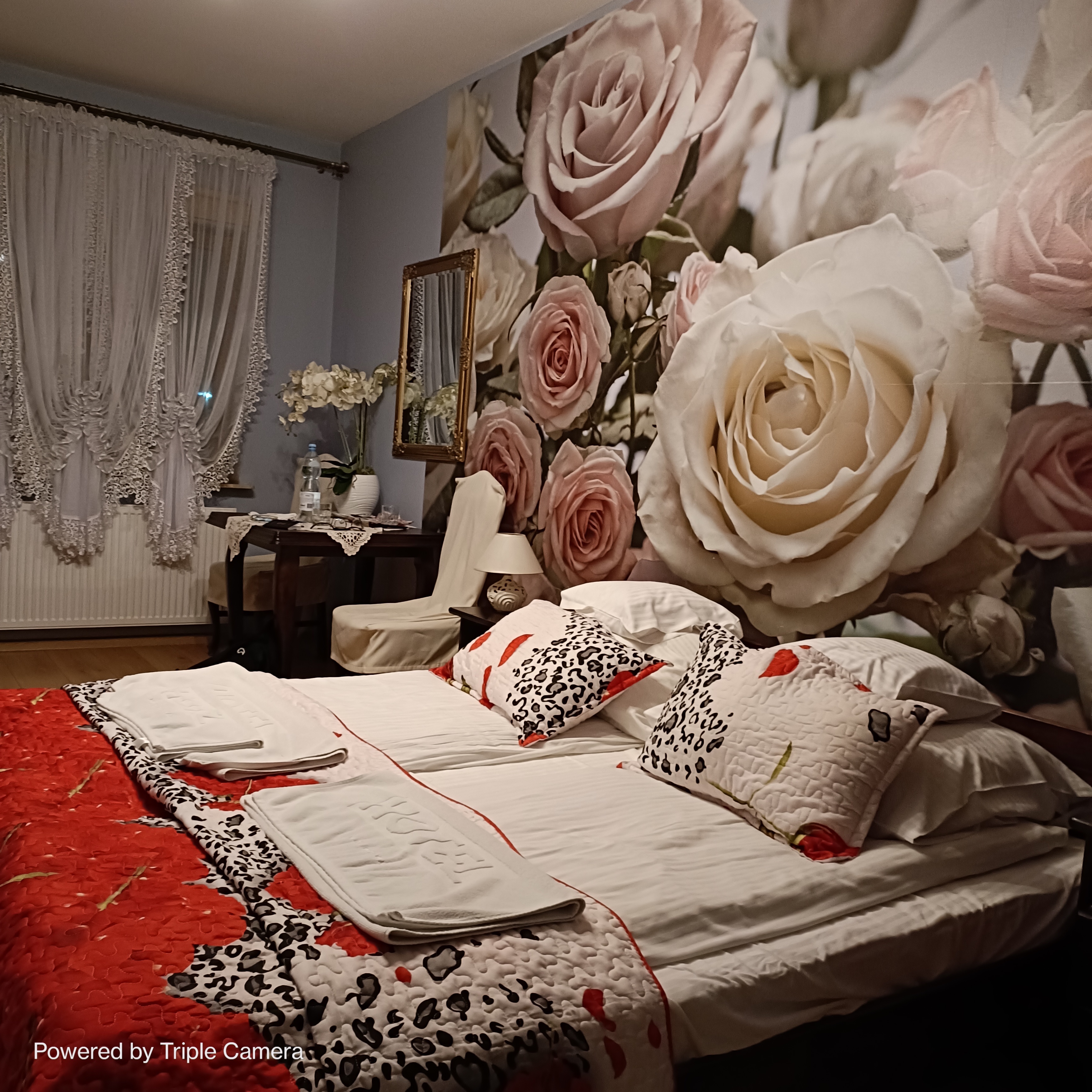
6 May, 2023
Spent a week in Abu Dhabi and Sharjah. My first substantial time in the Emirates. Was there in company of friends, mostly from India. Generally, in foreign countries one counts on certain privacy while using the language of one’s own, Hindi, in this case. But not here. The airhostess, the car driver, the university receptionist, the hotel manager, the pistachio seller, the guide in the art biennial, the bank manager… are of South Asian origin. Hardly any of the South Asians has picked up Arabic. Between scanty English in formal encounters and Hindi / Urdu in informal spaces their lives are sorted, in fact more than what it could be in India. In Mumbai in a public transport there will be minimum five languages running; in Delhi maybe three; in Kolkata one – okay one and a half; in Chennai at least two and so on. Monolingual cities unnerve me, I feel exposed.
White Kandura clad Emirati men and women with black Abaya can be spotted more easily on the streets of Mumbai’s Colaba than in the public places of UAE. Wondering whether it is so because of the demographic number or because they are too elite to hang around in public. They will begin to arrive in Mumbai in June-July to watch rain on the sea. Sea facing rooms in the hotels are being refurbished.
Monsoon tourism competes with desert tourism.
Between the vast expanse of desert, sharp (extremely sharp actually) horizontal cityscape and the sea that is really blue eyes are always stressed. There is always an anticipation to experience a mirage at the bend of the next corner. While traveling from Sharjah to Abu Dhabi we stopped at Dubai for dinner. It was a simple roadside joint. Kebabs on skewer were being served hung on a replica of Burj Khalifa. We almost expected Shahrukh Khan to greet us along with the kebabs.
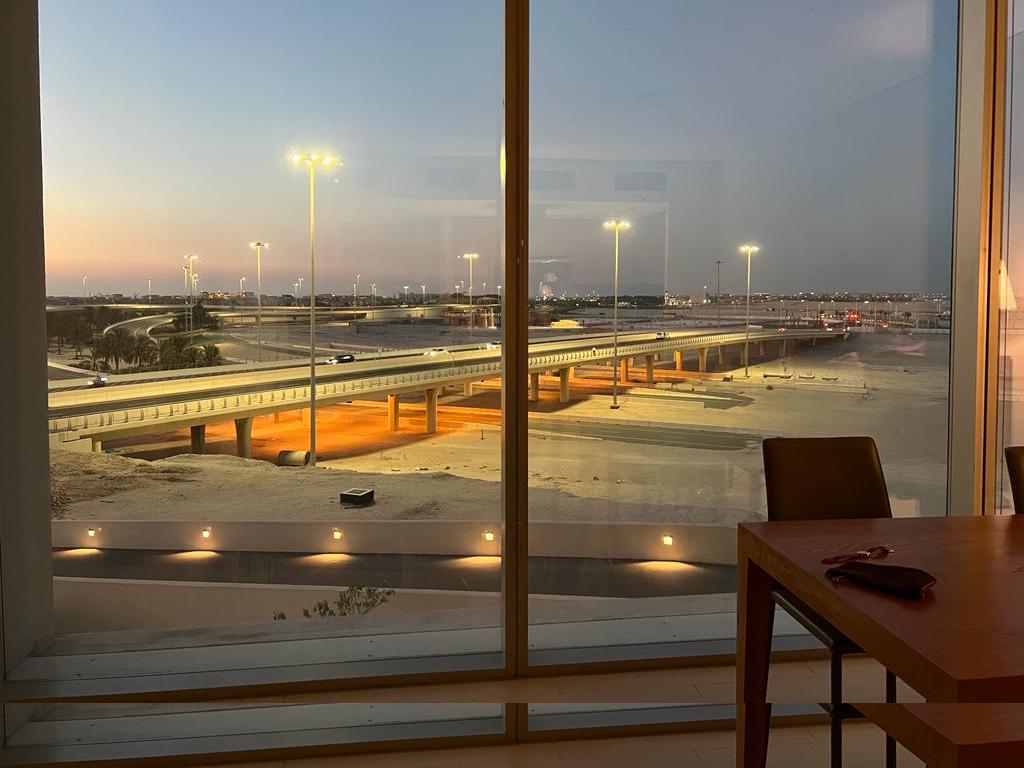
20 Feb, 2023
Was on a rushed trip through the borders of Assam and Arunachal Pradesh. Margherita is an unassuming town with layers of histories living in strange autonomy. Nations and nationalities are intricately entangled in coal, tea, forest and infrastructure. Are all the rich soils destined to be a sad land?
Phalap was a bush tree that could be sporadically found in the jungle at the foothill of Himalayan Patkai range. It was named as Phalap (wonder leaf) by the Singpho tribe when they realised that brewing the leaves have medicinal effect. The miniscule size tribe began to tend to Phalap trees in the mid-18th century. They would pluck the leaves, store them in bamboo rolls and hung the rolls over the chulha. Throughout the year the leaves would get roasted inside the bamboo rolls and turn into smoked dry leaves to brew and drink. This, of course, only till the time the Brits could smell gold in the brewed liquid. 1823. Tricking the Singpho king to disclose the trade secret was easier than Adani acquiring loan from SBI. Rest was only about cloning and industrialising the herb.
My maternal grandfather was a babu in one of the oldest tea gardens in Lakhimpur. He migrated from the coastal Bikrampur to the hills. Bedtime stories in my family were often around the mythical tea garden where lived three kinds of people – Assamese coolies who were simple and raw, Bengali babus who were obedient and mannered, and Saheb managers who were brave and handsome.
One Mr. T. H. Ho was on the next seat in the flight back to Mumbai – an elegant restauranter. His proficiency and smooth shifts between Assamese, Bengali, Hindi and English made me almost tongue tied. Fortunately, he turned out to be a man with a special talent to guess what you are dying to know. He talked through the two and a half hours of flying time. His great grandfather, a skilled carpenter, was deported from Calcutta to work in the tea plantation in Assam with the belief that all ethnic-Chinese people know how to harvest tea.
In the flight we drank only diet Coke!
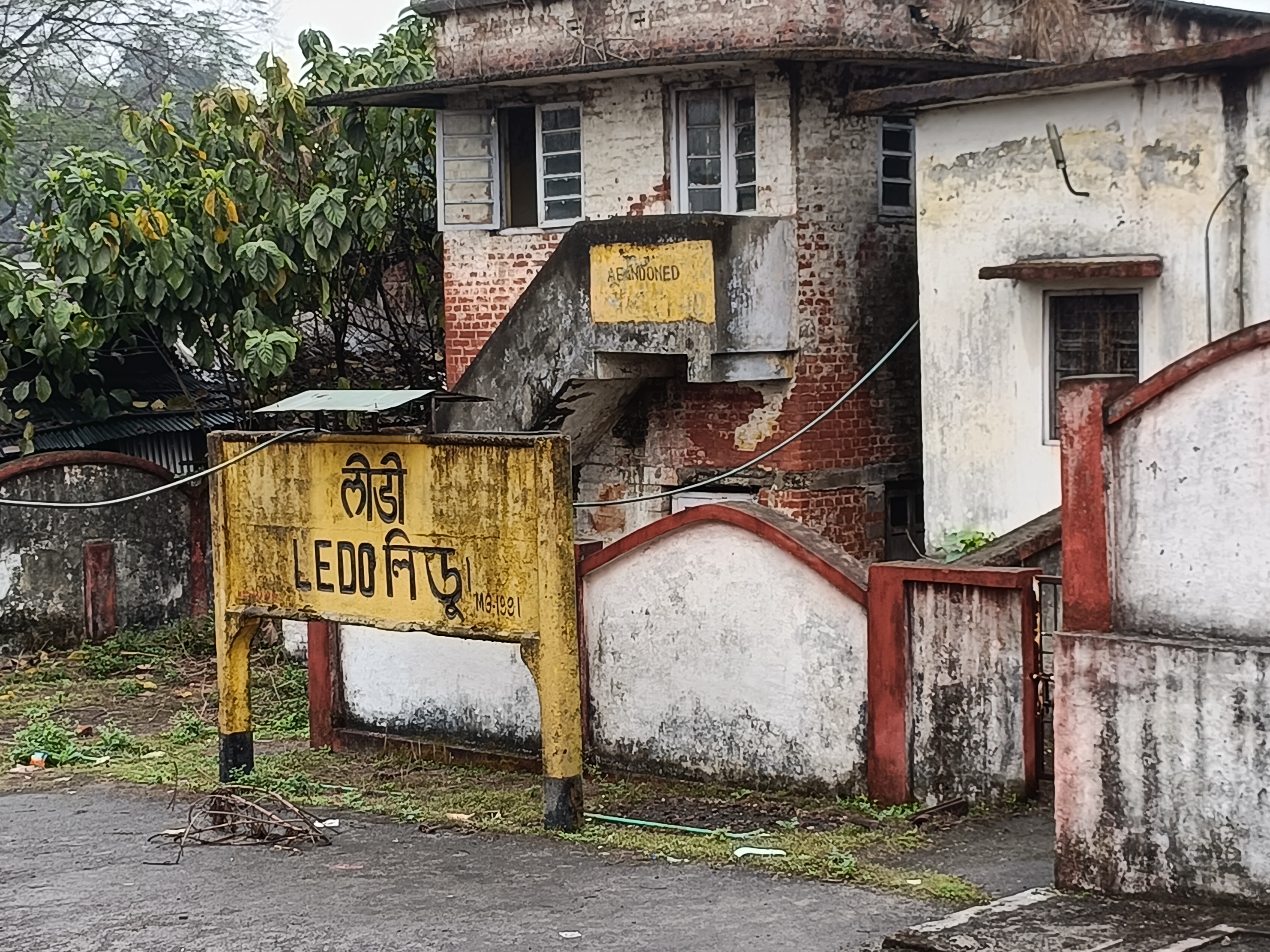
18 July, 2022
Have come to Berlin, the city I love and ceaselessly fight with. The midsummer nights have begun to shrink. And the enigmatic summer is being, sort of, unpredictable.
There is archive fever all around - lots of projects: celebratory, critical, nostalgic, speculative, artistic and also manipulative. Right to memory has become sharply contested. Gone are the days of grandma’s tales.
But documenta15 is determined to make a case for indigenous as authentic voices from the South. A white German art critic commented over a cup of coffee - It is so refreshing. I am bored with Western modern art. Time to dance to kill someone’s boredom. Decolonial noises make for a nice therapy for the tired and the bored subjects of modernity!
A new word has entered the social vocabulary - Repatriation! Stolen artefacts from colonial museums are being returned to their country of origin? Country of Origin? Has it stood still in the same space and time since the robbery took place? Aha the magic of the origin! So decolonisation has begun! Europeans repent for the last two centuries. Everyone needs to earn a good night sleep after some moral exercises.
And some of us learn the art of articulating the anger of the POCs (person of colour).
Yet most of my time slips away following the not-so-exciting news from India turning pre-modern.
